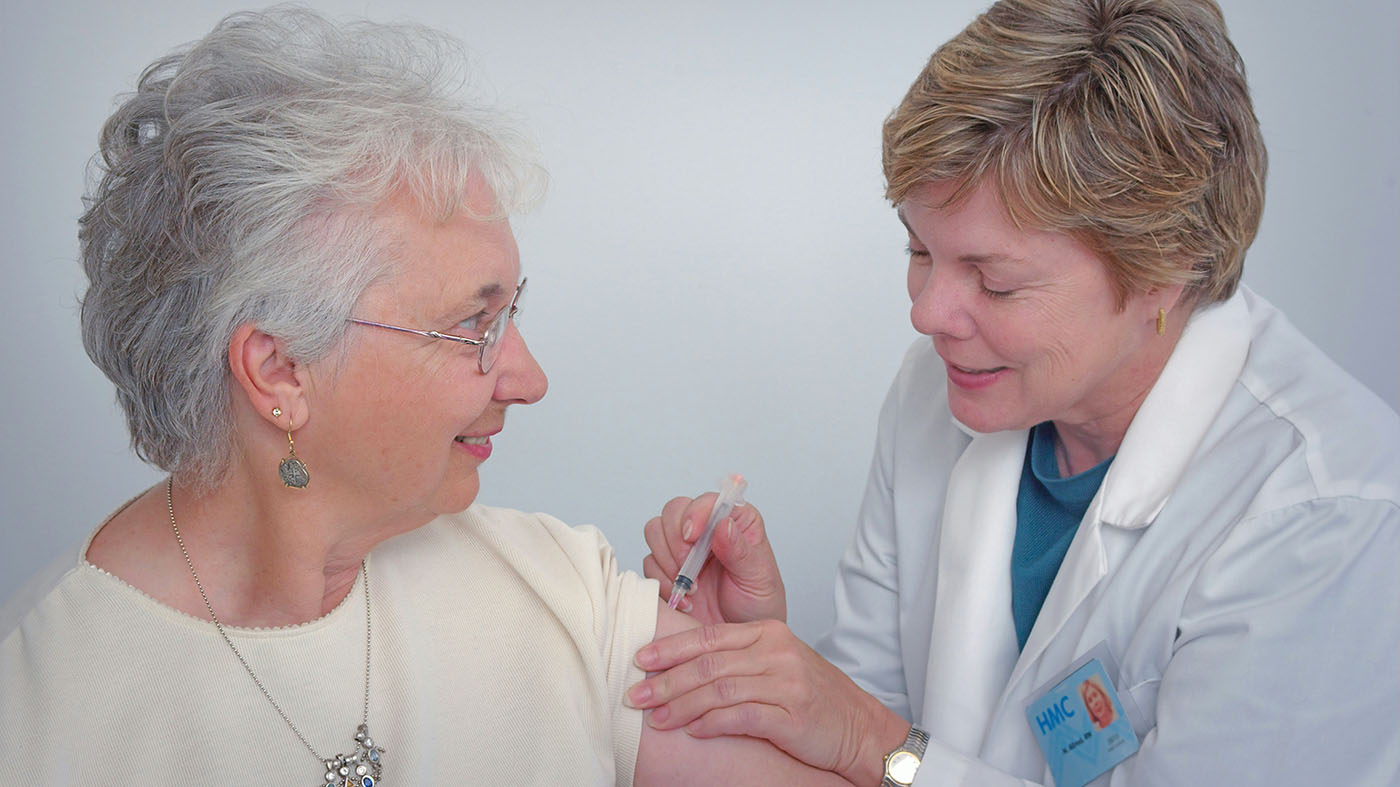 Former U.S. Army Sgt. Daniel Rodriguez ran onto the field during Clemson’s match-up against the University of Maryland. His family and friends, who made the trip to College Park from Northern Virginia, shouted his name as he lined up for a punt return.
Former U.S. Army Sgt. Daniel Rodriguez ran onto the field during Clemson’s match-up against the University of Maryland. His family and friends, who made the trip to College Park from Northern Virginia, shouted his name as he lined up for a punt return.
Rodriguez approached the line of scrimmage from the left, eyed the punter, and then backed up to block for the return as the ball sailed through the air. He was sprinting down the middle of the field when he blocked an incoming Terrapin. The play was over in seconds.
Blocking for a punt return is often overlooked in the big scheme of college football, but those who came to see Rodriguez understood that it was more than just a play for the 5-foot-8 inch Clemson special teamer. It was the continued realization of a dream and battlefield promise to his best friend.
“I always mentioned playing football to my buddy [Kevin] Thompson,” Rodriguez said, as he later recalled talking to his friend at their combat outpost in Afghanistan. “Those conversations were where we drew our hope from. You just start to believe it, because that’s what you have to hold on to, to get you out of the hell that you’re in.”
AFGHANISTAN
On Oct. 3, 2009, the 53 Americans at Combat Outpost Keating found themselves engaged in pitched battle with more than 300 Taliban fighters in Kamdesh, Afghanistan.
“We had been attacked before, at least four –to -five times a week,” Rodriguez said. “That daythough was different from anything we had experienced in Afghanistan. It was a day of complete chaos and a lot of blood shed.”
The harassing fire and rocket-propelled grenade attacks from previous engagements had culminated in a massive attack. Severely outnumbered and surrounded, the soldiers of Keating would have to fight wave after wave of insurgents for more than 12 hours. Rodriguez was injured from shrapnel to his neck and leg and bullet fragments in his shoulder, during most of the battle. Despite his wounds, he continued fighting the insurgents who had somehow overrun the post.
Four years after the battle, he still remembers throwing dozens of grenades and transitioning from his rifle to his pistol until he had to use whatever weapon system he could get his hands on, including mortars and Claymore mines inside the post. He saw his best friend Thompson die next to him, and was sure he would suffer the same fate.
“I thought I was going to die,” he said. He found himself waiting for them to get close enough to fight back before they overran his position.
The soldiers ultimately gained the upper hand and repelled the insurgents, but not before losing eight American lives. Rodriguez was evacuated to a medical facility for his wounds. He had survived the battle, and when given the option to return home after recovering from his injuries there was no question in his mind that he needed to stay for the rest of his tour. The battle-hardened soldier couldn’t see himself sitting at home while his fellow soldiers stayed behind.
“I couldn’t live with myself if something happened to them while I was back home,” he said. “It’s something that I just couldn’t do. I had to stick it out.”
Like many Veterans, it took Rodriguez time to readjust to the civilian world once he separated from the Army. The Purple Heart and Bronze Star with valor device recipient said he had problems sleeping and controlling his anger when he returned home.
“There were definitely flashbacks,” he said. “We live near Quantico (Marine Corps Base) in Northern Virginia, and I would wake up in sweats when they did live-fire exercises. Those first three months were probably the worst time of my life – I had suicidal thoughts and I was drinking too much.”
According to Rodriguez, however, using the Post-9/11 GI Bill to attend community college changed his outlook for the better. He said throwing himself into his schoolwork helped take his mind off of the war. But there was one thing he couldn’t stop thinking about: his conversations with Kevin Thompson about playing football when he got out of the military. By the end of his first semester he started to feel a tug toward making good on his wartime dream of playing ball on Saturdays. The way he saw it, if he didn’t at least try, then the Taliban would have taken more than his best friend’s life.
“It started hitting me that I couldn’t live my life making excuses,” he said. “I put everything in perspective. What would my friends do if they could be here today? I wanted to play college football and that’s what I was going to do.”
THE WALK-ON
With a new mission in mind, Rodriguez set out to get the attention of football programs. He created a recruiting video and posted it to YouTube. He didn’t know if it would work, but he blocked out the naysayers who didn’t think a 24-year-old Veteran could make his way onto a college team and reached out to coaches anyway.
And the coaches were watching … Rodriguez soon received more than 100 calls and emails from teams across the country. Among the programs that were interested in him was Clemson University in South Carolina.
“Coach [Dabo] Swinney put in a lot of effort in getting me to come down to visit,” he said. It only took Rodriguez one visit to the South Carolina campus to fall in love with Clemson and Swinney’s brand of football. “I left knowing I was going to be a Tiger.”
When asked what Rodriguez brought to the table and why he wanted him on the team, Coach Swinney immediately pointed to the Veteran’s leadership.
“[Daniel] understands preparation, discipline, loyalty, teamwork, [and] all those things you need to play football,” Swinney said after the Maryland game. “Daniel Rodriguez has left his imprint on our program already.”
If getting Swinney’s attention and walking on to a premiere football program wasn’t hard enough, Rodriguez still had to contend with the NCAA and ACC. But the stars seemed to line up perfectly for the Clemson hopeful. After filing waivers and cutting through the red tape, his dreams finally became a reality: Daniel Rodriguez was a college football player.
Now in his second season, Rodriguez is very much a household name among the Clemson faithful. He’s led the team out onto the field at home games and has been featured in ESPN and CBS Sports stories. However, the walk-on doesn’t want to be considered a charity case or PR stunt.
“I think I’ve done a good job at separating combat from the classroom,” he said. “Even though I value my experiences in the military, right now I’m focusing on school and football. I want them to know that I’m here because I put the work in and I earned it.”
To watch VA’s video story on Daniel Rodriguez, click here.
Topics in this story
More Stories
Over the five-year program, more than 14,000 VET TEC beneficiaries completed their program and nearly half have reported finding meaningful employment with an average starting annual salary of $65,000.
VA is calling for applicants for the 2024 Specially Adapted Housing Assistive Technology grant.
Updated COVID vaccines are available free of charge to Veterans receiving care at VA .








Loved it Rey !!
Loved it… good job Rey !!
Awesome, inspirational story.
Clemson picked up a new fan. What an inspiration.
Coach Swinney you have my respect. As a Viet Nam veteran along with many other Viet Nam Era Veterans who were never respected for their service.I applaud you for giving a Veteran the opportunity to complete his dream of finishing school and football. Great story as I join in praising Daniel Rodriguez on his new mission which is School and his love of Football. Congrats and continued success.
From one Veteran to another.